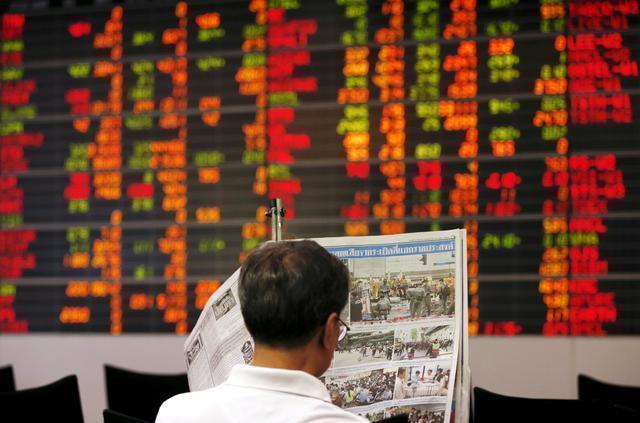The ready-to-wear sector, which is among Turkey’s leading export industries, faces a risk of supply alternatives offered by North Africa. North African countries, whose energy and labor costs are relatively cheaper compared to Turkey, are eroding Turkey’s competitive advantages. Some companies have started to shift their production and investments to countries such as Egypt, Morocco, and Algeria. Apart from the low cost and logistics advantage, these countries are also preferred due to their Free Trade Agreements (FTAs) with the U.S. and the European Union (EU). The region is also on China’s radar. Large-scale Chinese companies are increasing investments especially in Egypt, according to sector representatives. They said the fact that Chinese firms can export their outputs manufactured in Egypt to the EU market without customs poses a threat to Turkey’s foreign trade. Sector representatives also stated that they brought their objections to the World Trade Organization (WTO) through the Union of Chambers and Commodity Exchanges of Turkey (TOBB).
The annual inflation declined in the alcoholic beverages-tobacco-gold group in September, according to the Central Bank’s Price Developments report. The most significant contribution to the September data was made by energy and services groups. The contribution of energy, services, food, and basic goods to the annual inflation increased by 1.55 points, 1.08 points, 0.51 points, and 0.21 points, respectively, while the alcoholic beverages-tobacco-gold group’s contribution to the data declined by 0.11 points last month. The report also said the hike in producer prices accelerated because of electricity generation and natural gas production as a result of the effect of high natural gas prices on domestic energy prices due to geopolitical developments.
Following President Recep Tayyip Erdogan’s statements that he would reduce the policy rate to single digits, the U.S.-based investment bank Goldman Sachs expects the Central Bank to cut the interest rate by 100 basis points every month until the end of the year. The bank’s statement also said restrictive financing and macro prudential policies, which have been implemented to date, may significantly ease as the elections approach.
The international credit rating agency S&P Global, meanwhile, stated that Turkish banks face increasing risk caused by economic imbalances. The institution said imbalances are rapidly expanding in a hyperinflation environment caused by the hike in real estate prices and a quite expansionary monetary policy. S&P also noted that the credit growth, which has accelerated in a quite negative interest rate environment further contributes to the surge in property prices.
Turkey’s benchmark stock index ended yesterday at 3,458.03 points, increasing 1.94% from the previous close. Starting the day at 3,456.27 points, Borsa Istanbul’s BIST 100 index rose 65.90 points from Monday’s close of 3,392.13 with a daily trading volume of TRY 78.1bn. Increasing warnings of the recession and weak economic data may pave the way for central banks to ease their ‘hawkish’ monetary policies, according to analysts. They said the decline in the global bond yields contribute to the recovery in the risk appetite. Analysts also pointed out that the fluctuations may continue for a while in the markets. They stated that 3,200 points will be the support level and 3,500 points will be the resistance level for the BIST 100 index, in technical terms.
DAILY AGENDA
No important data will be released in the country.
Meanwhile…
>> Turkey’s foreign trade deficit jumped 298.2% to USD 10.38bn in September, compared to the same month last year, according to the preliminary data by the Trade Ministry. The country’s 9-month foreign trade deficit reached USD 83.8bn while its annualized foreign trade deficit hit USD 97.6bn in September. Turkey’s imports rose by 41.5% to USD 33bn while exports increased by 9.2% to USD 22.6bn in September, year-over-year.
>> The net FX deficit of the non-financial companies decreased by USD 7.21bn to USD 91.3bn in July, compared to the previous month, according to the Central Bank.
>> The Consumer Price Index (CPI)-based real effective exchange rate (REER) increased by 1.64 points to 54.51 in September, compared to the previous month, according to the Central Bank.
>> Turkey’s defense exports, which totaled USD 3.2bn in 201, are expected to exceed USD 4bn this year, according to Osman Okyay, President of the Defense and Aerospace Industry Manufacturers Association (SASAD).
READ A SELECTED ARTICLE FROM OUR MAGAZINE:
>> Policy rate for the next three months is clear; let’s split up!
Our Eco Analysis Columnist Alaattin Aktas addresses the possible adverse economic developments if the policy rate is further cut.










